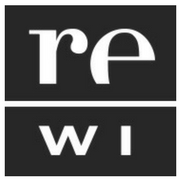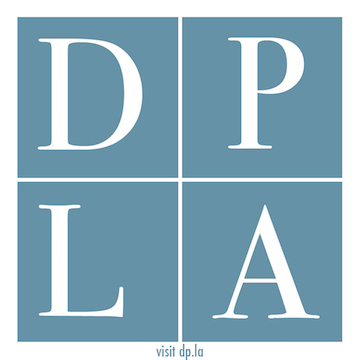
The Toolkit brings together resources for creating, managing, and sharing digital collections to address common concerns we often hear, like this one:
Our library has a collection of photographs that shows the people, places, and events of our town. The earliest photographs are probably from the early 1900s and the most recent date to the 1970s. The photos were donated but there’s no donor agreement. Can we digitize and put these images online? Should we?
Knowing if you can and should digitize and share a photographic collection can be tricky and is often a sort of risk assessment, with you and your institution trying to determine if making the photographs available online is worth potential risks such as violating copyright law (could happen), making someone upset (possible), or even getting sued (very unlikely). It is especially challenging when the copyright owner is unknown and the items have not passed into the public domain.
Owning a physical item (or a collection of photographs) does not necessarily mean you hold the copyright to that item and scanning an item does not change its copyright status or create a new copyright. In this particular case, it is unlikely that most or possibly any of the photographs are in the public domain. This type of collection is typically made up of unpublished materials which pass into the public domain either 70 years after the death of the creator (in 2020, that’s any creator who died before 1950) or 120 years after the date created, if the creator is anonymous or death date is unknown (in 2020, that’s any unpublished anonymous work created before 1900).
Let’s assume that the photos are still protected by copyright. Your next step is to seek permission from the copyright holder. If you’re lucky you’ll know who made the donation and perhaps the photographer because then you can ask for permission in writing and find out how the rights holder is willing to have the works be used. Be sure to keep a record of when you contacted rights holders and what response you received.
In many cases, the copyright holder simply is impossible to discover or contact. This is where the real risk assessment comes in. If you have made (and documented) efforts to locate and seek permission from a copyright holder but have been unsuccessful, you may decide to digitize and make the photographs available. Remember, the more sensitive the content or if it is pretty clear that the photos were created for commercial purposes, the higher the risk to you. Photographs of your town, done by an amateur photographer pose less of a risk than images of professional quality of a famous townsperson, for example. Regardless, you should have a takedown policy (reasons for why you will remove content should a copyright challenge come up) as well as a disclaimer that states your criteria for making the items available online and having a rights statement is always a good idea. We have some links to real-world examples below.
There are times when items may be in the public domain or you have permission and you still do not want to digitize and make photographs and other items available online due to privacy and ethical issues. Give special consideration to:
- Materials created by or depicting Indigenous communities
- Materials created by or depicting protected populations (minors, inmates, medical patients)
- Materials containing personal or private information (e.g. home address, birth date, medical history)
This is such an important consideration that we will be covering it more fully in an upcoming Toolkit.
Here are some resources that can help:
- Copyright reference chart from Cornell University
- For a more thorough discussion of risk assessment, take a look at UCLA Special Collections Library Special Collections Digital Project Toolkit, which includes helpful definitions and a risk assessment matrix.
- Template permission request letters from Cornell University and HathiTrust
- “Well-intentioned practice for putting digitized collections of unpublished materials online,” from OCLC
- An example Notice and Takedown Policy from UC San Diego
- Sample Rights Statements from rightsstatements.org
- The Right to Be Forgotten and Implications on Digital Collections: A Survey of ARL Member Institutions on Practice and Policy



You must be logged in to post a comment.